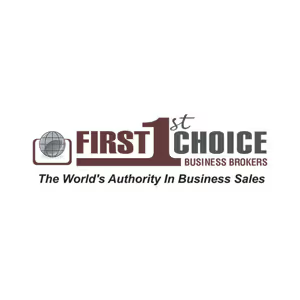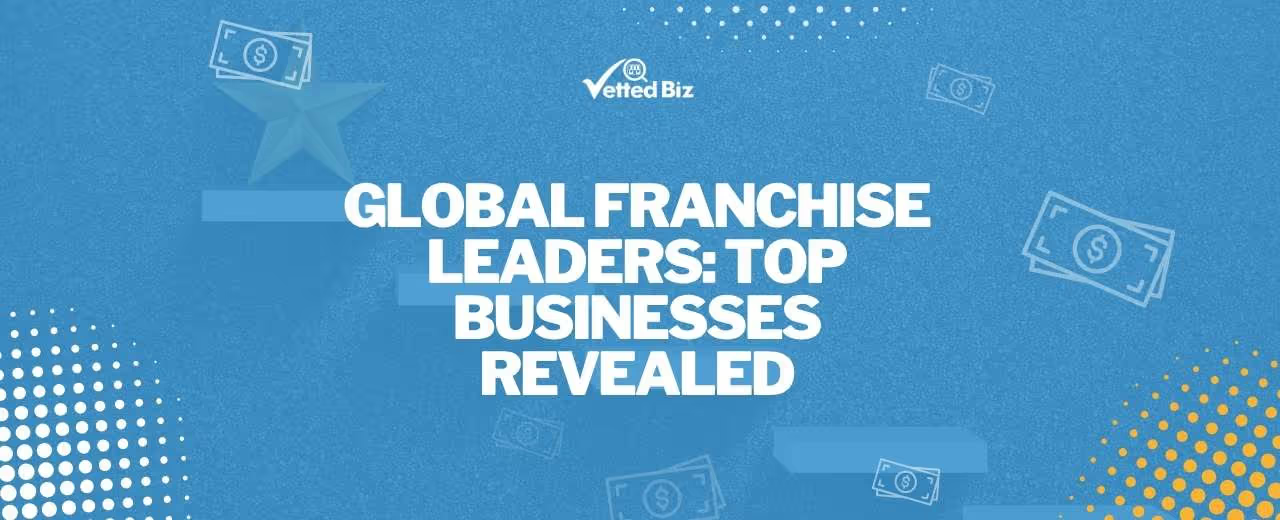First Choice Business Brokers is a business brokerage offering services in business valuations, sales, and acquisitions. The franchise helps clients buy and sell businesses, providing guidance through every step of the process.

Key Insights
- First Choice Business Brokers began as a direct response to inefficiencies and limitations that existed in conventional service approaches, with founders committed to establishing superior alternatives that prioritize customer experience, operational excellence, and sustainable business growth through systematic improvement.
- Client relationships develop through responsive communication, reliable service delivery, and consistent achievement of promised outcomes, building trust and satisfaction that leads to repeat business and positive referrals while maintaining professional standards and accountability.
- Technological advances continue to reshape service delivery methods and customer interaction patterns, creating opportunities for businesses that can integrate innovation with traditional service excellence while maintaining the personal touch that customers value and expect.

Franchise Fee and Costs to Open
Exploring the financial picture of First Choice Business Brokers gives insight into both the upfront commitment and the potential revenue opportunity. According to FDD Item 7, opening this franchise typically involves an investment in the range of $69,150 - $98,100, along with a franchise fee of $40,000 - $40,000.
Financial Performance and Revenue
Training and Resources
First Choice Business Brokers provides comprehensive initial training for new franchisees. This immersive program lasts for two weeks and is conducted at their corporate headquarters. The franchisor offers ongoing support and resources to help franchisees build their businesses. They also provide a robust operations manual that details successful practices.
Legal Considerations
Legal considerations for a First Choice Business Brokers franchisee are defined by the Franchise Disclosure Document (FDD) and the Franchise Agreement. This franchise does not disclose lawsuits or bankruptcy information in its FDD, but prospective franchisees should still review all terms thoroughly. Consultation with a qualified attorney is essential before making commitments.
Challenges and Risks
Operating a First Choice Business Brokers franchise involves navigating a dynamic local market. Intense competition from established brokers and independent agents requires a distinct value proposition. Managing diverse client needs, from business valuation to deal structuring, presents operational complexity. A reliance on consistent deal flow and client acquisition necessitates proactive marketing and networking strategies within the community.



